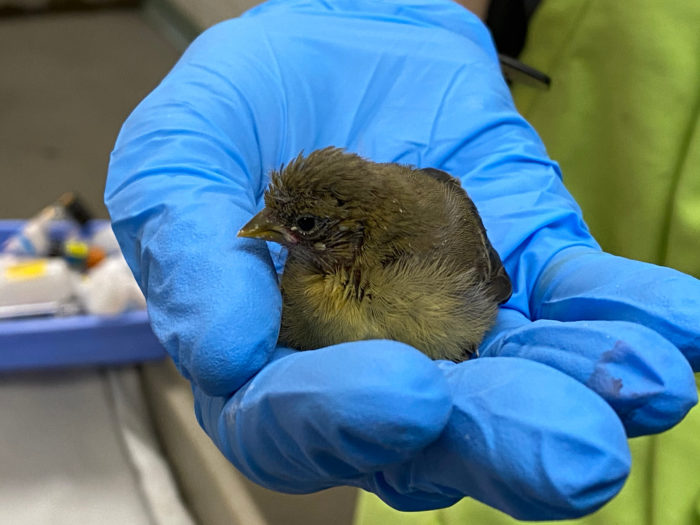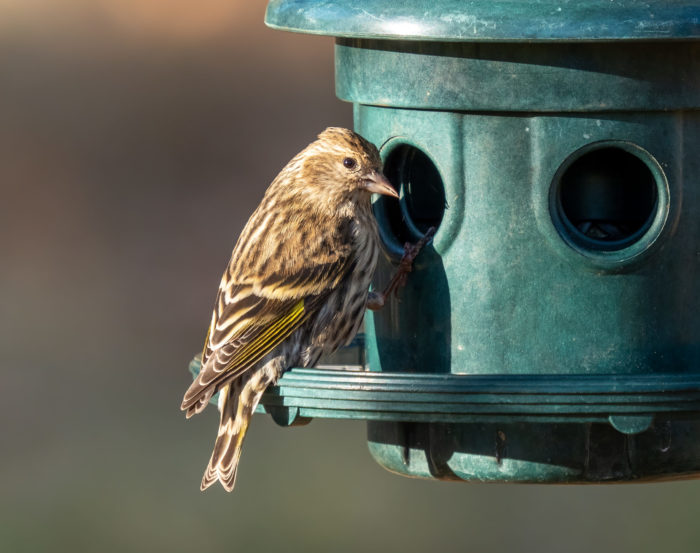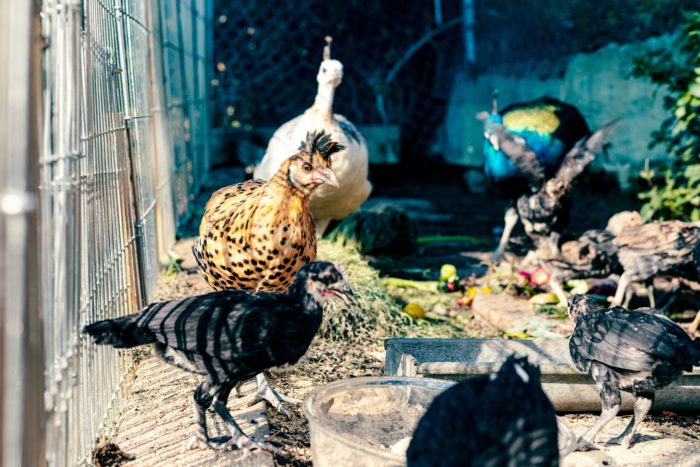Highly pathogenic avian influenza (HPAI) was confirmed in wild birds in California on July 14 in Colusa and Glenn counties. The Eurasian H5 HPAI strain is particularly contagious and has caused illness and death in more than 28 million birds in the United States since its detection in January 2022. Please read below to learn more about HPAI, how we are responding to it, and some ways that you can help wildlife.
What is highly pathogenic avian influenza (HPAI)?
The H5 HPAI strain affects waterfowl and shorebirds and can infect avian predators or scavengers including eagles, other raptors, crows, ravens, gulls and vultures if they are exposed when feeding on infected waterbirds.
Spread through the air or by direct contact with infected surfaces, the H5 HPAI strain is highly contagious in poultry and causes significant mortality. Birds raised in captivity, such as other gallinaceous birds (turkeys, pheasants, grouse, quail) and waterfowl (ducks, geese, swans), may also be at high risk of acquiring and transmitting the virus. The virus is shed in bodily fluids and fecal matter, and can easily be transferred between birds through direct contact (bird to bird), or indirect contact with people and other animals, or objects like water, clothing, shoes, even vehicles that are contaminated with virus particles. Infected birds typically display neurological symptoms such as tremors and weakness or experience sudden death.







